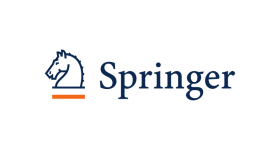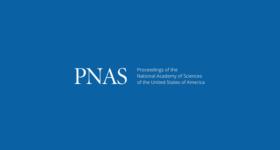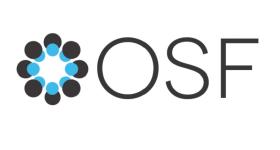"It's Not Just Hate'': A Multi-Dimensional Perspective on Detecting Harmful Speech Online
Well-annotated data is a prerequisite for good Natural Language Processing models.


"It's Not Just Hate'': A Multi-Dimensional Perspective on Detecting Harmful Speech Online
Well-annotated data is a prerequisite for good Natural Language Processing models.

New information technologies increasingly allow autocrats to shape public opinion outside their borders.

A Missed Opportunity to Further Build Trust in AI: A Landscape Analysis of OECD.AI
The world needs a better understanding of how policymakers can effectively encourage AI innovation and adoption, while mitigating potential AI risks.

Wicked Problems Might Inspire Greater Data Sharing
Global public goods are goods and services with benefits and costs that potentially extend to all countries, people, and generations.

Behavior change apps have the potential to provide individual support on a population scale at low cost, but they face numerous barriers to implementation.

Although experiments show that exposure to factual information can increase factual accuracy, the public remains stubbornly misinformed about many issues.

A Future Built on Data: Data Strategies, Competitive Advantage and Trust
In the twenty-first century, data became the subject of national strategy. This paper examines these visions and strategies.

Correcting COVID-19 Vaccine Misinformation in Ten Countries
What can be done to reduce misperceptions about COVID-19 vaccines?

Protecting Free Speech and Due Process Values on Dominant Social Media Platforms
In recent years, dominant social media platforms have been increasingly perceived as engaging in discrimination against conservative and right-wing viewpoints.

The anti-vaccination movement, fueled by a mass of unsubstantiated, misleading, and manipulated messages, has reemerged in recent years.
